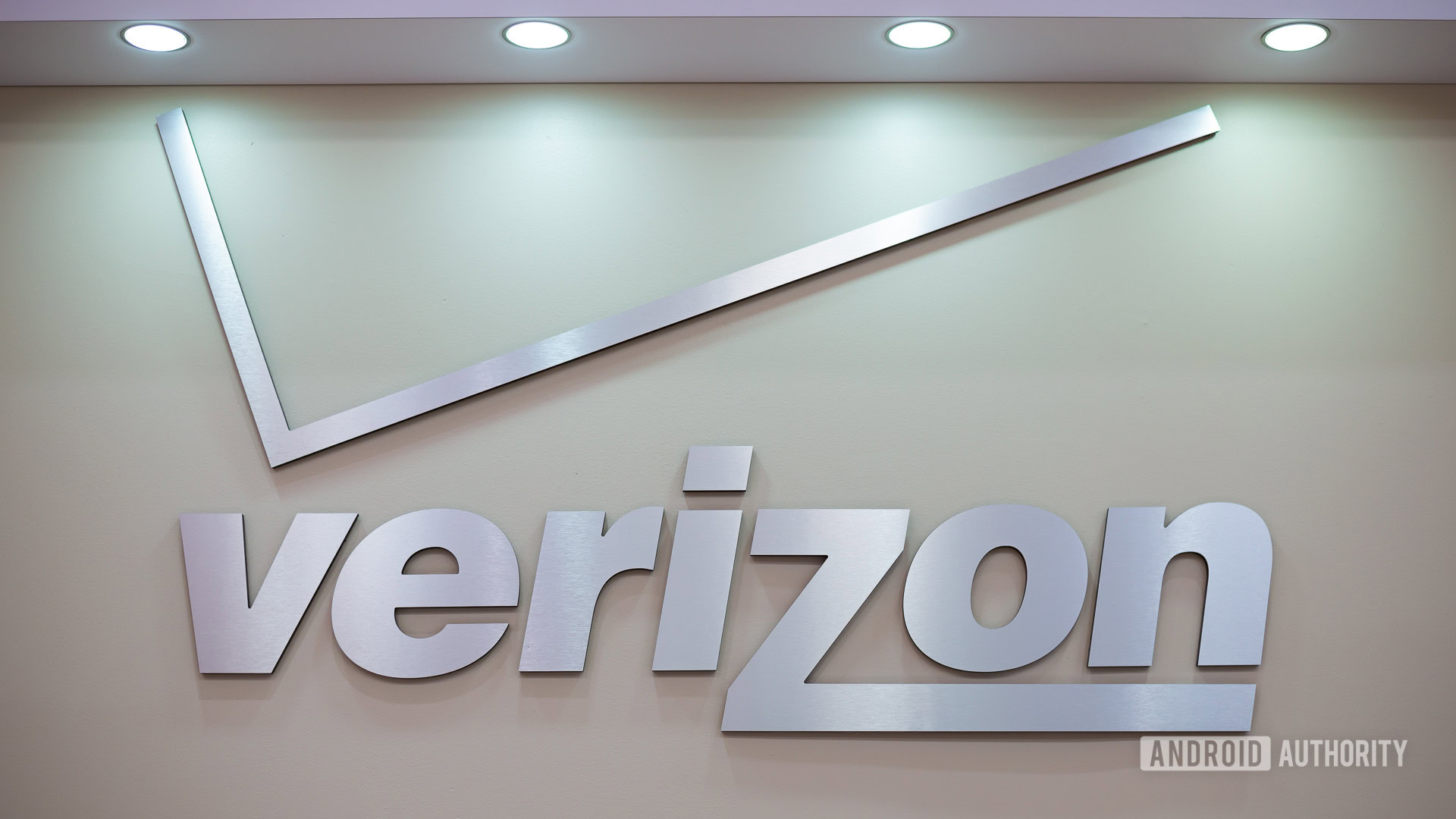Affiliate links on Android Authority may earn us a commission. Learn more.
FCC accuses US carriers of overstating coverage maps (Update: No punishments?)
Published onDecember 6, 2019

Update: December 6, 2019 (11:45 AM ET): It turns out the FCC won’t punish Verizon, T-Mobile, or UScellular for their inaccurate coverage maps. According to Axios, the FCC said this doesn’t require enforcement action because it didn’t find sufficient evidence that the carriers broke any Mobility Fund Phase II rules.
Instead, the FCC is sending a warning to the industry reminding them of possible punishments for actions like this. It also proposed to completely scrap the $4.5 billion 4G focused Mobility Fund Phase II in favor of a 5G deployment fund that costs twice as much. This fund would support 5G wireless service deployment in rural areas across the US. The FCC would allocate this $9 billion over the next ten years. Hopefully, this will lead to better and more accurate carrier coverage maps in the future.
Original Article: December 5, 2019 (1:00 PM ET): Amid the race to bring 5G to the masses, 4G LTE has become old news for many. But the fact is, most people don’t live in 5G-enabled areas, and many in rural areas still don’t have consistent 4G access. According to the FCC, this problem is worse than we expected. Several US carriers have been lying about how bad their coverage maps really are.
A new report by the FCC proves that Verizon, T-Mobile, and UScellular have not been providing accurate 4G coverage maps. It all started when the FCC suspected inaccurate coverage maps listed on the carrier websites. To test this, it conducted its own drive tests across America.
Read also: T-Mobile Sprint Merger: Everything you need to know
It turns out these carriers are lying about their coverage strength approximately 40% of the time. During the FCC’s 25,000 drive tests covering 10,000 miles across the US, Verizon and T-Mobile’s networks didn’t offer minimum download speeds more than 35% of the time. UScellular’s results were even worse, with more than 50% failing to meet minimum network speeds.
All three carriers even lied about where customers could access 4G coverage. More than 16% of Verizon’s tests, 21% of T-Mobile’s tests, and nearly 40% of UScellular’s tests proved to inaccurately claim coverage where the FCC found none.
At this point, we aren’t entirely sure what the carriers’ punishments will be. The FCC says there needs to be further investigation, and government representatives should conduct future network tests, not mobile carriers. For now, it recommends releasing an Enforcement Advisory on carrier data submissions. This is essentially a warning that details the penalties for filings that violate federal law.
You can read more about the FCC’s drive tests, its methodology, and the results for yourself in the complete report.
Read next: These smartphones offer the fastest download speeds in the US